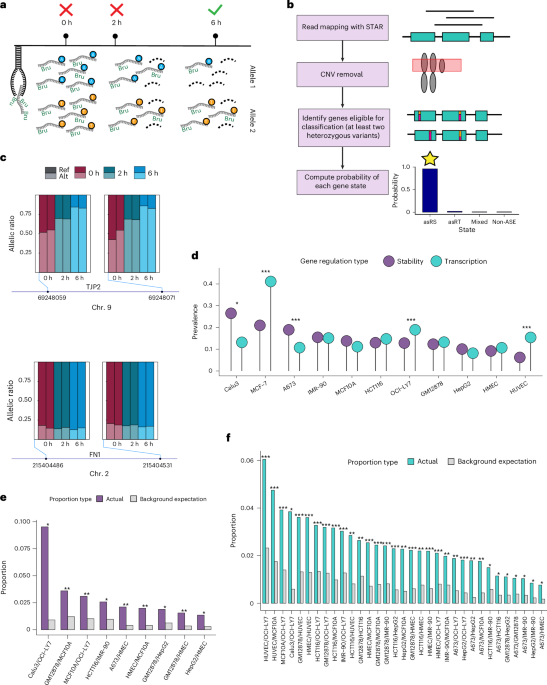As global temperatures rise, communities across the Pacific Islands are facing a new health emergency: a fast-spreading outbreak of dengue fever that has already sickened thousands and killed people — and experts warn it may be just the beginning.
What’s happening?
Health officials are warning of a surge in dengue fever cases across the Pacific Islands, marking one of the region’s most severe outbreaks in years, per The Guardian.
According to the World Health Organization and the Pacific Syndromic Surveillance System, countries including Fiji, Samoa, and Tonga have reported over 16,500 confirmed cases and 17 deaths since January — the highest level since 2016.
In Fiji alone, more than 10,000 infections and eight deaths have been recorded. Samoa has confirmed 5,600 cases and six deaths, while Tonga has seen over 800 cases and three deaths in just the past six months.
“This is one of the first real disease-related phenomena that we can lay at the foot of global overheating,” said epidemiologist Joel Kaufman, per The Guardian, pointing to the growing link between mosquito-borne illnesses and rising global temperatures.
Why is this outbreak concerning?
Dengue fever, spread by Aedes mosquitoes, can cause symptoms ranging from fever and rash to severe joint pain and, in extreme cases, death. It has long been a threat in tropical regions, but health experts say that rising heat, humidity, and rainfall are making outbreaks more frequent and more severe.
What’s especially alarming is how unpredictable dengue has become. Dr. Paula Vivili of the Pacific Community told The Guardian that while dengue was once a seasonal issue, “transmission seasons are now lengthening, and some areas are at risk year-round.”
Although Pacific Island nations contribute just 0.03% of global planet-warming emissions, per the William C.G. Burns’ Biennial Report On Freshwater Resources, they are on the frontlines of worsening health risks caused by a rapidly changing environment.
What’s being done about it?
Health ministries across the Pacific Islands are working with the WHO to monitor outbreaks and roll out emergency response efforts, including mosquito control programs and community education. Some countries are also investing in stronger disease surveillance systems to better prepare for future epidemics.
Globally, researchers are exploring vaccines and advanced mosquito-control technologies, while organizations like the WHO continue to push for better preparedness in vulnerable regions.
You can help by supporting mosquito-prevention efforts at home, such as removing standing water and using screens, and by advocating for stronger action to reduce overheating worldwide.
Join our free newsletter for good news and useful tips, and don’t miss this cool list of easy ways to help yourself while helping the planet.
Source link


:max_bytes(150000):strip_icc()/Alzheimers-Microplastics-Could-Be-Making-It-Worse-FT-BLOG0925-f8e4346e7a0a4f67a846349356b52335.jpg)